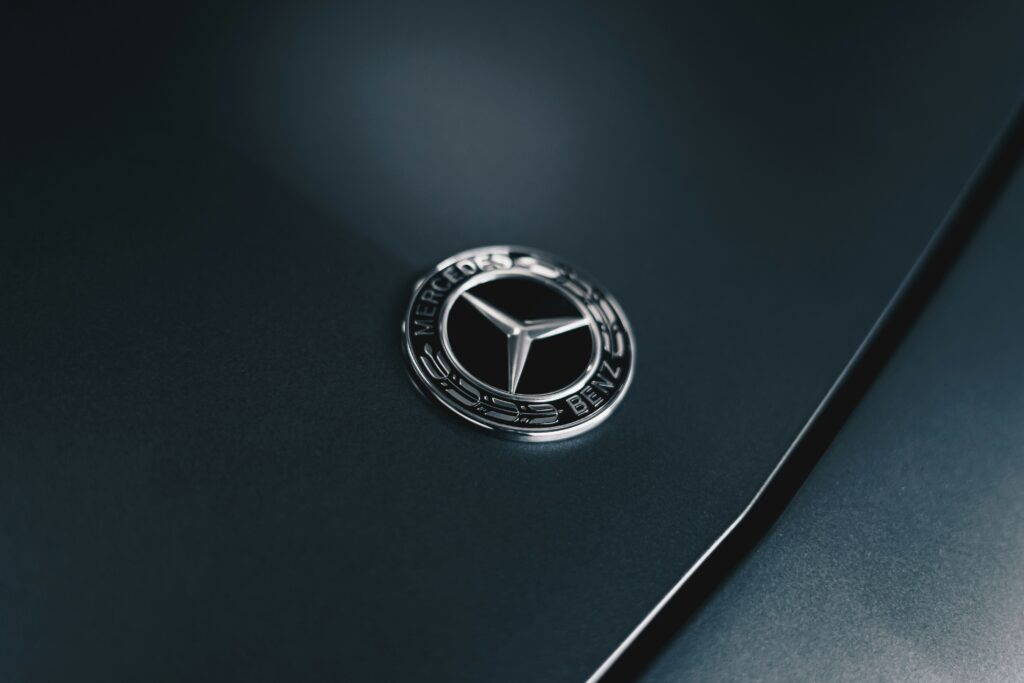Washington ties relief to EU action
The United States will maintain steep tariffs on European cars until Brussels formally introduces legislation to lower its own trade barriers on American goods. Under a new framework deal, the US has agreed to reduce its 27.5% tariff on EU vehicles and parts to 15%—but only once the EU shows concrete legislative steps.
Trade pact unveiled
The agreement, announced last month by Donald Trump and European Commission president Ursula von der Leyen at Trump’s golf resort in Scotland, followed months of tense negotiations. Both sides pledged to open markets further: the EU promised to cut tariffs on all US industrial products and expand access for American seafood and farm goods, while Washington agreed to scale back duties on a wide range of European exports, from cars to semiconductors.
Timeline depends on Brussels
US officials stressed the tariff reduction could come within weeks, depending on how quickly the EU moves. “As soon as they introduce the legislation—not even pass it—we will act,” one US official told Reuters. According to the joint statement, EU carmakers will only see relief from the 27.5% tariff starting the same month the EU tables its laws.
Uneasy reactions in Europe
European leaders have voiced caution. French prime minister François Bayrou called the agreement a “dark day” of submission, while Spain’s Pedro Sánchez supported the deal but noted it brings little benefit to his country’s economy. Industry reactions were mixed: Spanish food exporters welcomed the end of trade hostilities but objected to ongoing penalties, while the US distilled spirits sector warned that 15% tariffs on European alcohol could cost over $1bn in sales and 12,000 American jobs.

